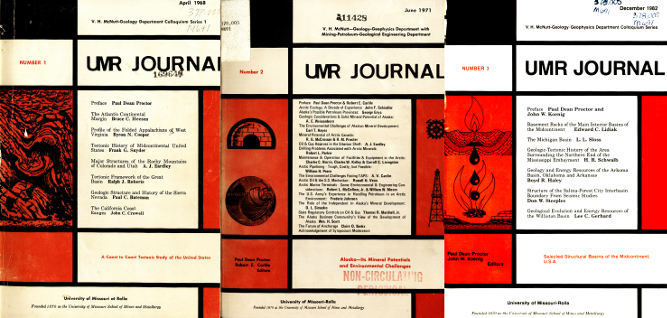UMR Journal -- V. H. McNutt Colloquium Series

Publication Date
01 Dec 1982
Abstract
Since Precambrian time, zones of weakness have been repeatedly but infrequently reactivated in the Mississippi Embayment area. All of the major folds and many of the minor anticlines caused by this activity are associated with faults in the basement rocks. The latest occurrence of major tectonic activity (perhaps Early Cretaceous), however, not only affected the old fault zones but also created a vast new feature, the Pascola arch, which has no Paleozoic antecedent. Severe erosion and subsequent Tertiary subsidence associated with the Pascola arch indicate that this structure alone is the locus of present-day major earthquake activity. Until the time in the geologic future when old established zones of weakness are reactivated regionally, only the relatively young Pascola arch will continue to be the focal point of high intensity earthquake activity in the Embayment area.
Document Version
Final Version
File Type
text
Language(s)
English
Rights
© 1982 University of Missouri--Rolla, All rights reserved.
First Page
31
Last Page
42
Recommended Citation
Schwalb, H. R.
(1982)
"Geologic-Tectonic History of the Area Surrounding the Northern End of the Mississippi Embayment,"
UMR Journal -- V. H. McNutt Colloquium Series: Vol. 3, Article 5.
Available at:
https://scholarsmine.mst.edu/umr-journal/vol3/iss1/5


